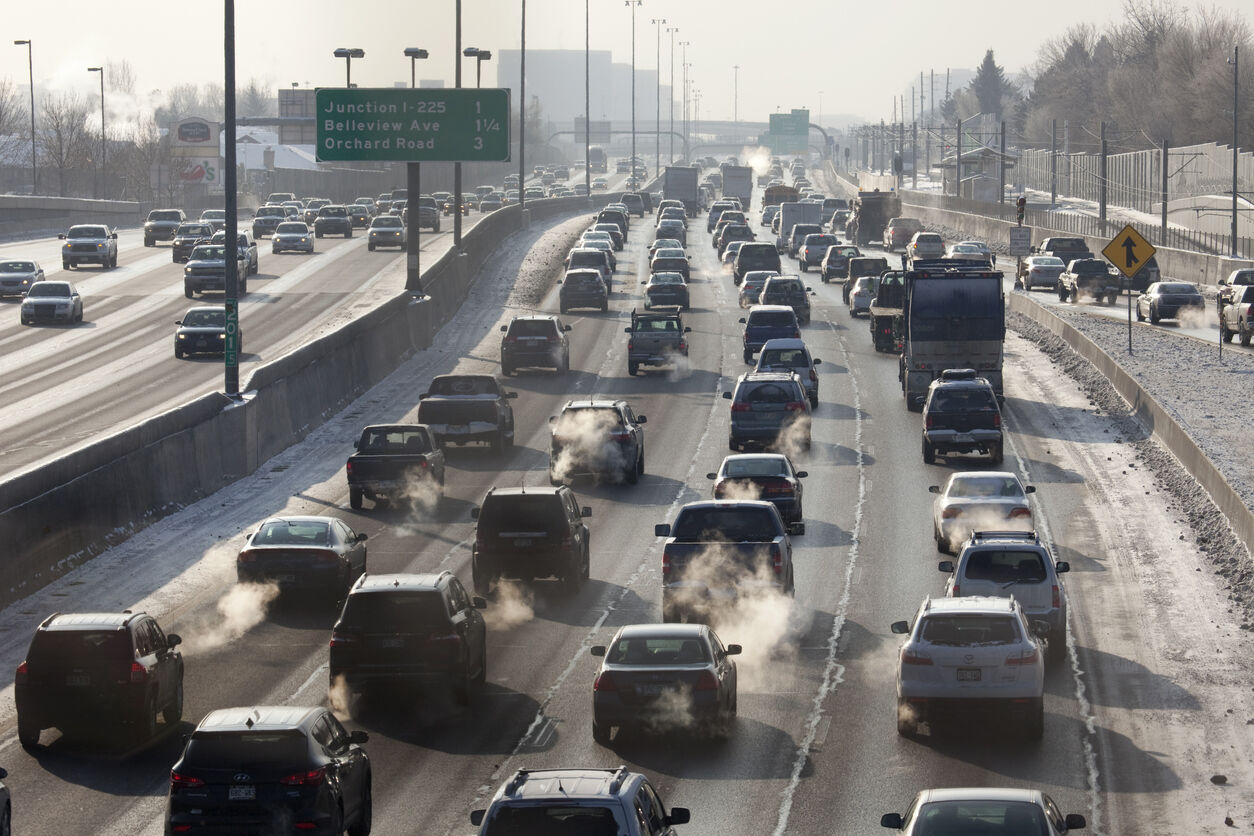The last time Colorado tried to implement ‘trip reduction’ plan to reduce car traffic, emissions

milehightraveler/iStock
In 2021, the Colorado Department of Public Health and Environment’s Air Quality Control Commission stood poised to finalize a whole slew of regulations that would have required metro area businesses to track how their employees were getting to and from work.
It was dubbed the “Employee Trip Reduction Program” and would have affected 2,764 businesses with some 900,000 employees — and which could have cost them anywhere from $7,200 to $811,643 annually to implement — by Jan. 1, 2022, according to state records.
But after area business groups protested the efforts to clean up Denver’s air quality with fines and regulations, state officials backed off. The decision came right before the commission was set to start the rulemaking process.
The Denver Metro Chamber of Commerce, for one, said at the time the proposal “punishes employers and puts them in a weird position” of having to track employees before and after work by way of their commuting habits.
The draft program rules at the time wanted large businesses to “increase parking charges” for gas-powered vehicles, appoint an “employee transportation coordinator” to administer programs that reduce “single occupied vehicle” commutes and offer subsidized public transportation passes, even if that business was no where near public transportation.
The department relented, and sent a letter to stakeholders: “After reviewing the various prehearing statements in this rulemaking, the state recognizes that many of the businesses, employees, and local communities that will be impacted by the rule have concerns about the Employer Traffic Reduction Program … as currently proposed.”
The state started the process of recommending the regulations in 2021 after the state health department finalized its Greenhouse Gas Reduction Roadmap plan in January 2021. The plan’s ultimate target is 100% renewable energy by 2040, but state leaders are aiming to have emissions reduced by 26% in 2025 and by 50% five years later.
As those business groups breathed a sigh of relief after they shielded their members from what they called potentially expensive and time-consuming regulation, environmental groups mourned what they called a missed chance to help improve Denver area’s ozone.















